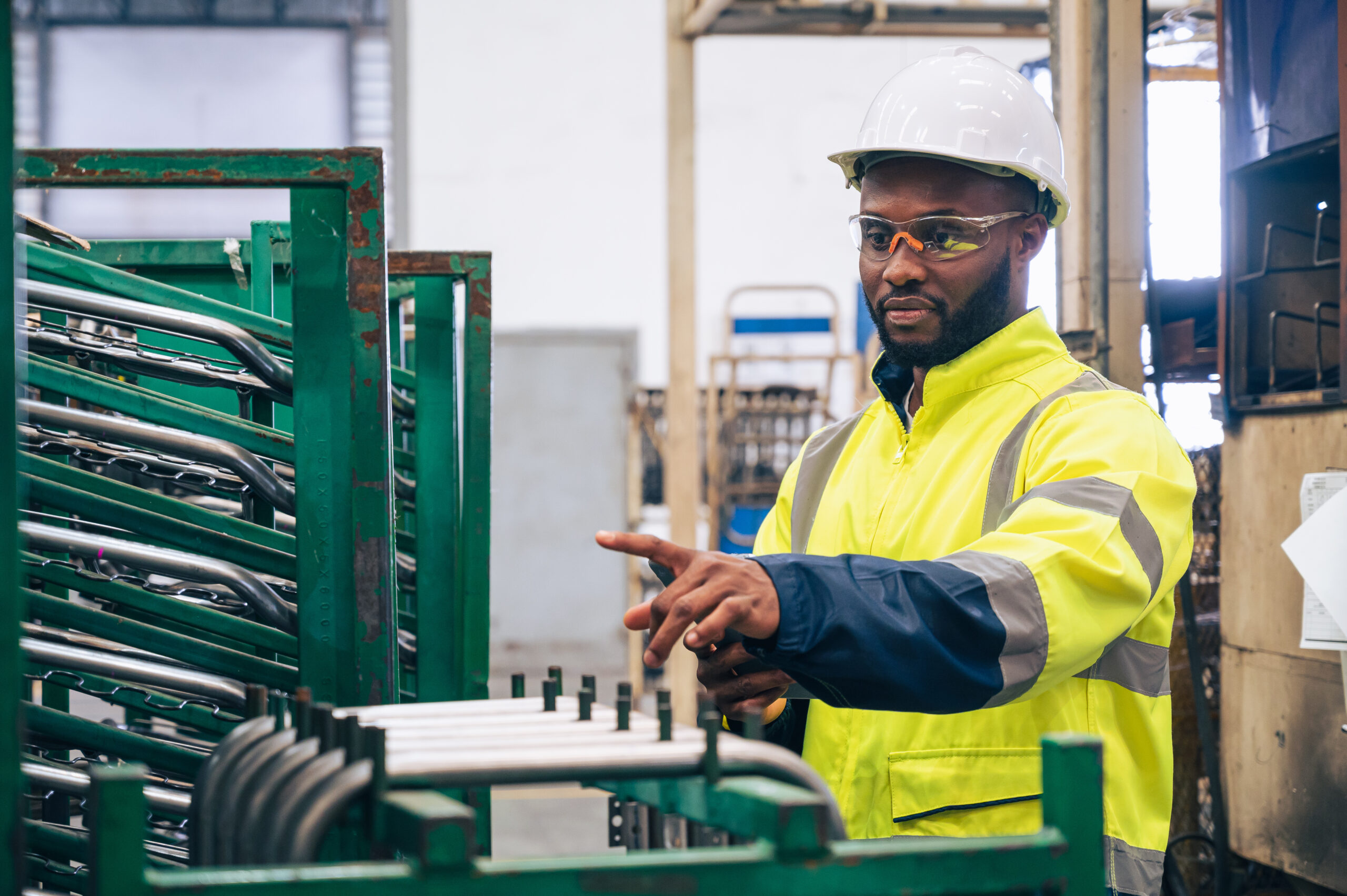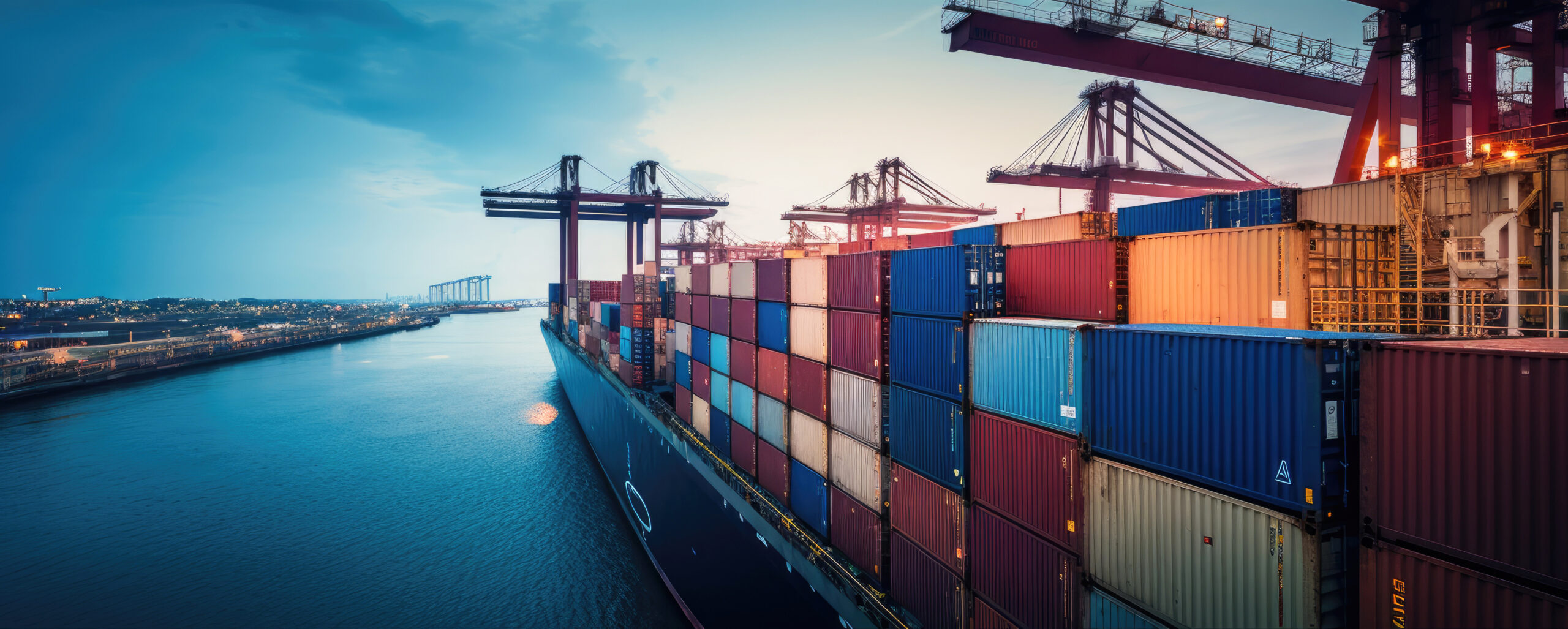Posts tagged automation
How Today’s Young Workers Are Creating a New Opportunity for Unions
June 2, 2025 // A new survey from LaborStrong found that 77% of workers aged 18-28 believe union workplaces are better than non-union ones. More than half say unions should be tackling urgent issues like AI and automation this year — not sometime in the future. And 56% of Gen Z workers are actively seeking out unionized workplaces when considering where to work. This is not nostalgia for the labor battles of the past. It's a new generation's urgent search for collective strength in a world that feels increasingly unstable.

Why unions won’t be participating in the U.S. manufacturing boom
May 27, 2025 // "Unionization policy in the United States is based on an adversarial relationship between management and labor," James Hohman, director of fiscal policy at the Mackinac Center for Public Policy, told Newsweek. "This means that the unions are not looked at as an asset to improve production; they are looked at as an extra cost and extra liability—which is why we see often, but not exclusively, U.S. states with less union concentration are the ones who are adding more employment.

Do More Powerful Unions Generate Better Pro-Worker Outcomes?
May 15, 2025 // Unionization is generally associated with higher wages for lower-skilled unionized workers.[37] However, when unionized sectors set higher wages, excess workers shift to nonunionized sectors, increasing the labor supply and lowering wages for lower-skilled nonunion workers.
UPS to shut down three major facilities slashing 20,000 jobs
May 11, 2025 // This reconfiguration is set to modernize distribution centers nationwide with increased automation, leading to the closure of about 200 facilities. A UPS spokesperson shared that the initiative kicked off within the first months of 2025.
SEIU Researchers Admit $20 Wage Law Caused Fast Food Job Losses
February 27, 2025 // As EPI notes, the evidence is from an unexpected source: “…the same labor union that pushed for the $20 policy.” “EPI has been a leading voice on the consequences of this law, releasing multiple reports based on government data that show the state’s $20 minimum wage is costing jobs. In an attempt to cover up these consequences, unions have supported biased researchers who are supportive of $20.”

US dockworkers approve 6-year contract, averting a strike
February 27, 2025 // The contract calls for a 62% pay hike over six years that would lift hourly wages at the top of the union pay scale from $39 an hour to $63 an hour. ILA President Harold Daggett, who served as the union’s chief negotiator, was quoted in the statement as saying the agreement is “the ‘gold standard’ for dockworker unions globally.” He remarked that it was a difficult contract to negotiate and even required a three-day strike last fall, but “We now have labor peace for the next six years.”
The value of union strikes under Trump
January 29, 2025 // Like the UAW strikes, media coverage celebrated the strikes, but the impact appears nonexistent. The Starbucks rolling strike lasted a handful of days and only affected 300 stores and 5,000 employees — a miniscule percentage of Starbucks’ 10,000-plus stores and almost 200,000 workers. The Amazon strike impacted less than 10 of Amazon’s more than 100 locations, and workers generally continued working.
Fearing AI will take their jobs, California workers plan a long battle against tech
January 19, 2025 // More than 200 trade union members and technologists gathered in Sacramento this week at a first-of-its-kind conference to discuss how AI and other tech threatens workers and to strategize for upcoming fights and possible strikes. The Making Tech Work for Workers event was convened by University of California labor centers, unions, and worker advocates and attracted people representing dock workers, home care workers, teachers, nurses, actors, state office workers, and many other occupations.
With Port Strike Averted, Dockworkers Draw New Curbs on Automation
January 12, 2025 // The pact would allow operators of automated equipment at ports in New Jersey and Virginia, where multiple machines are managed by a single dockworker at a time, to continue to use the semiautonomous cranes, according to people familiar with the matter. But the agreement says that companies that add semiautonomous equipment must hire one dockworker for each new crane added, the people said. That means that a gateway such as the Port of Virginia, which operates 116 semiautonomous cranes, will have to hire one extra dockworker for each of 36 new semiautonomous cranes it plans to add over the next few years. “That’s a pretty significant gain,” said a shipping industry official familiar with the contract talks.

Restaurant Minimum Wage Hurting Businesses and the Workers Proponents Seek to Help
January 10, 2025 // For fast food operators, it’s not just this latest minimum wage increase. Since 2013, their minimum wages have increased from $8 to $20, which is 2.5 times. It’s unsurprising that they’re slashing jobs, cutting hours and raising prices. This also coincides with a major turn towards automation. Of course, automation is driven by many factors, not just increased labor costs – but they certainly don’t help.
